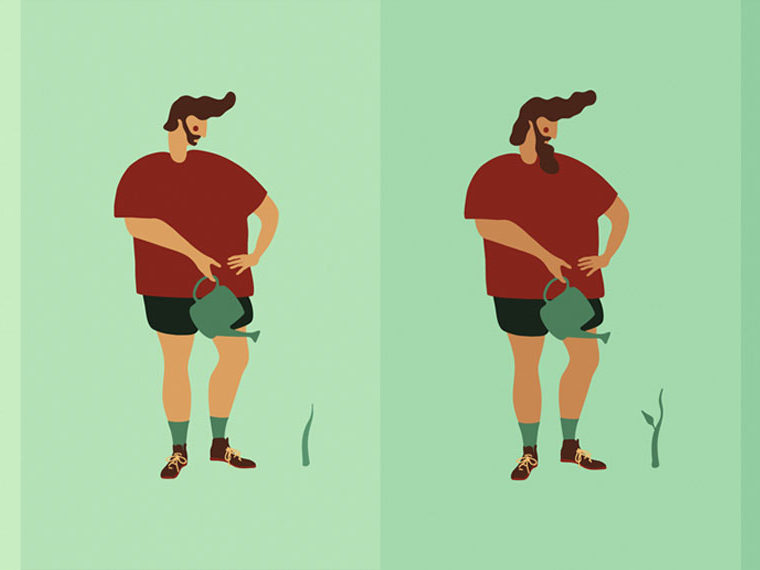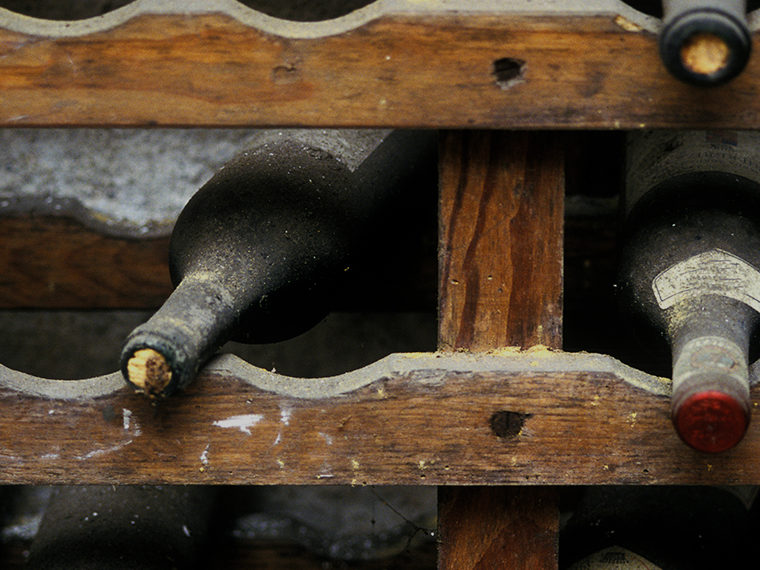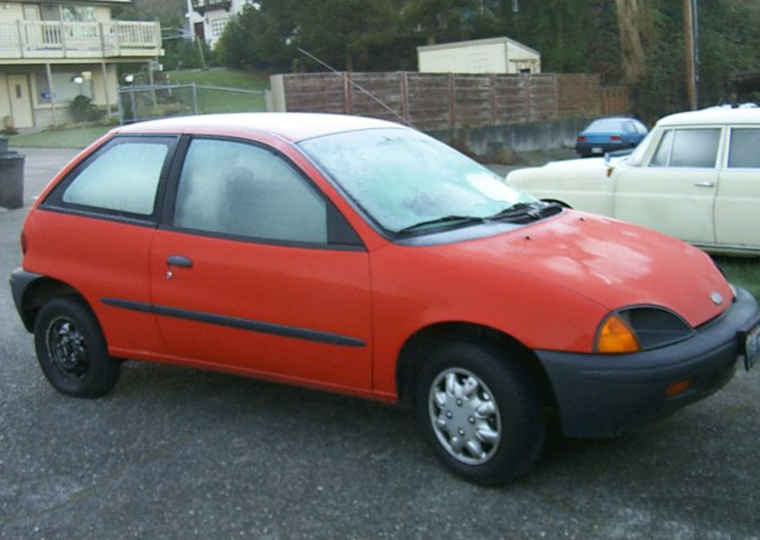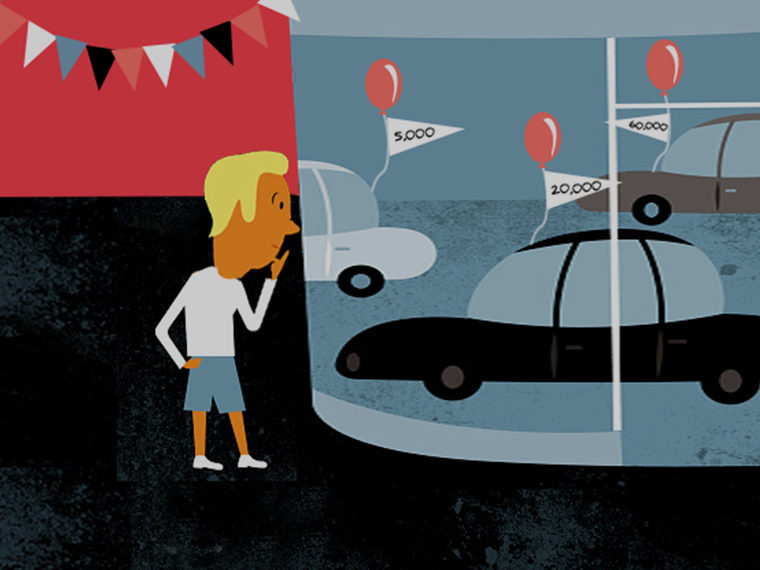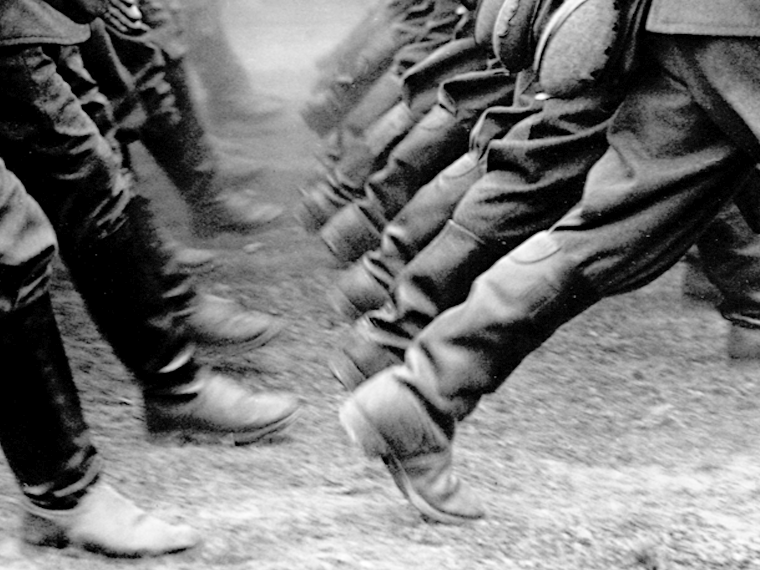Delayed gratification isn’t just about willpower
The ability to practice delayed gratification is, for most of us, a struggle to focus on a future benefit, rather than indulge in the here and now. It’s often presented as a binary choice that suggests we are either willing (and capable) of waiting, or not.
New research delivers an intriguing insight that our level of desire for a given object impacts our willingness to practice delayed gratification. The more we like something, the likelier we are to patiently wait for it, or hold out for a bigger portion than we can have today.
“Impatience is not necessarily the result of a breakdown of will, but rather the cost of waiting is not worth the perceived value of the reward,” write University of Chicago’s Annabelle Roberts and Ayelet Fishbach, and UCLA Anderson’s Franklin Shaddy. Their findings are based on eight experiments that involved nearly 3,000 participants.
In one experiment, the researchers relied on a poll of UCLA students to rate a variety of school T-shirts. More than 200 students were then asked how likely they were to wait 10 weeks to get a T-shirt in the right size or accept the same design this week, but in the next size up.
Nearly 6 in 10 participants who were shown the most popular design said they would wait for the right size. Less than 4 in 10 who were shown a less-popular design (still liked, but not as much) said they would wait. In other words, students were more patient when they really liked what they were waiting for.
Patience also extends when there is a prospect to get more of something we like at a later date. In another experiment, nearly 300 participants were queried on their affection for a variety of consumables such as coffee, chocolate and beer. For something they liked, participants were asked to name their top choice and another choice they liked, but not as much.
For example, the coffee lovers might write in that their favorite drink is a Starbucks Caramel Macchiato and their less-favorite (but still liked) would be a simple dark-roasted coffee.
Then they were asked how likely they were to wait one month for a full-size serving or to grab a sample-size today.
Among the coffee aficionados, when presented with their highest-rated drink, an average of two-thirds said they would wait for the full cup of joe. When shown their least favorite type of coffee, 50% said they would wait. Chocolate had the widest patience divergence: 70% would wait for a full-size portion of their favorite, compared to 43.5% with the patience to wait for a full-size portion of their least favorite (but still liked) type of chocolate. Again, when people really like something, they are more willing to wait for it.
And this isn’t simply because people enjoy the wait. When given the opportunity, we’re also more willing to pay to speed things up when we like something more. In an experiment that involved choosing to wait (or not), participants were presented with the opportunity to receive a highly-rated stainless steel water bottle or a less popular plastic water bottle. Among participants presented with the stainless steel option 82% said they would wait six months to get a standard size bottle rather than get a smaller bottle in the next week. Yet when told they could get expedited delivery of the bigger bottle, 78% were willing to pay $1 to reduce the wait time. Among those presented with the plastic bottle, 47% were willing to pay to get it faster.
This rules out the alternative that liking increases willpower or causes savoring: When people liked the water bottle more, they were also willing to incur a cost to eliminate the wait.
Featured Faculty
-
Franklin Shaddy
Assistant Professor of Marketing and Behavioral Decision Making
About the Research
Roberts, A., Shaddy, F., & Fishbach, A. (2019). Love is patient: People are more willing to wait for things they like.
